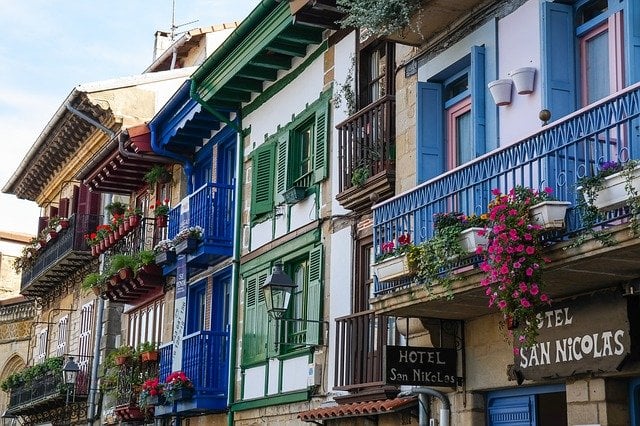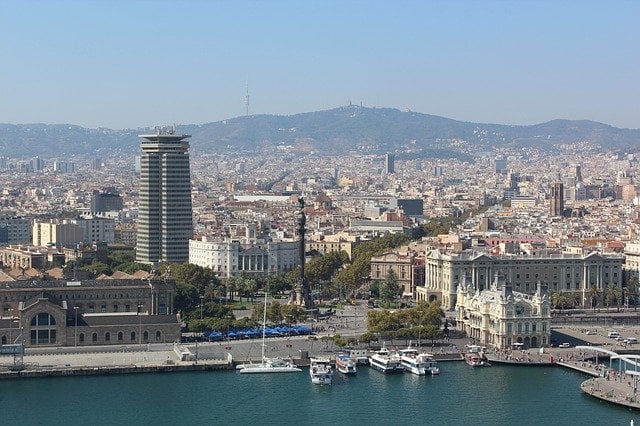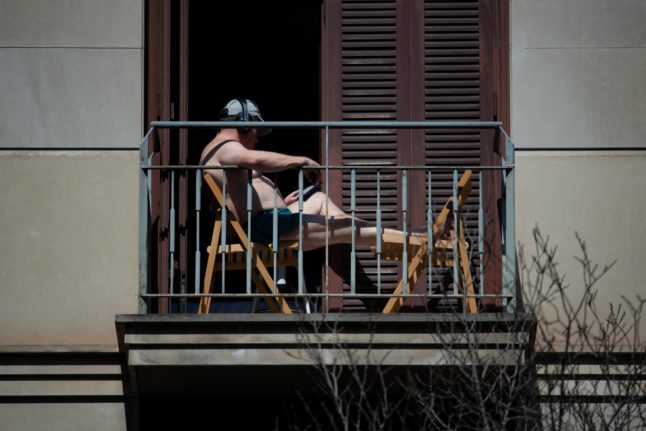The number of homes for sale fell in the past year
The number of secondhand homes available fell by four percent in the last year in most provincial capitals, as a result of the increase in the sale of houses in the months after the first wave of the pandemic, according to a study published by the real estate giants Idealista on Tuesday.
The availability of homes for sale has gone from 196,000 properties in September 2020 to 187,000 in September 2021.
Pamplona was the place where it was most difficult to find a home, compared with a year ago, as the number of available houses has fallen by 28 percent.
The number of properties for sale has also fallen in Soria, Santander, San Sebastián, Teruel, Zaragoza, Guadalajara, Lérida and Castellón de la Plana.
However, this trend is not the same in all areas, because, in some places, the number of homes for sale has increased, particularly in Ceuta, with 19 percent more properties available than a year ago.
The number of homes for sale also increased in Ourense, León, Córdoba, Jaén, Girona, Palencia and Cáceres.
Barcelona was the only big city where the number of available properties had increased (seven percent) compared with a year ago, however, in Madrid and Valencia, the numbers dropped by six percent each. It also fell by six percent in Seville, five percent in Malaga, and two percent in Bilbao.
Barcelona extends the regulation of its rental market
The Barcelona City Council announced last week that it will continue to regulate the city’s rental prices for five more years and stop rent increases.
The regulation has been in force for a year and prevents increases above the official reference index, created by the Generalitat.
In new contracts, prices cannot exceed this index. If in the previous contract the rent was higher, it must be lowered.

Good news for those interested in applying for a mortgage for a home in Spain. The average value of a home on which a mortgage is requested was €171,809 in August, the lowest figure so far this year.
This is 11.21 percent lower than in July, which also implies a decrease in the average value, which currently stands at around €127,000.
This is demonstrated by the data, according to the recent study carried out by Centro de Estudios Trioteca, a Spanish company specialised in obtaining mortgage loans.
The research also showed that almost 95 percent of candidates who apply for a mortgage are looking for a fixed rate with an average duration of 27 years. On the other hand, only 5.2 percent of requests are made for variable rate search.
Positive outlook forecasted for Spanish real estate
According to a report recently published by Allied Market Research entitled ‘Residential Real Estate Market in Spain By Budget and Size: Opportunity Analysis and Industry Forecast, 2020-2027’, the outlook for the Spanish real estate market is positive.
In 2018, the Spanish residential real estate market was $128.3 billion (€109.3 billion) and it is expected to reach $149.9 billion (€127.7 billion) in 2027, registering a compound annual growth rate of eight percent from 2020 to 2027.
The report also added that the current market encourages foreign investments, due to the favorable rules and regulations established by the government for foreign investors.
If you want to read more property news, you can see last week’s round-up here.



 Please whitelist us to continue reading.
Please whitelist us to continue reading.
Member comments